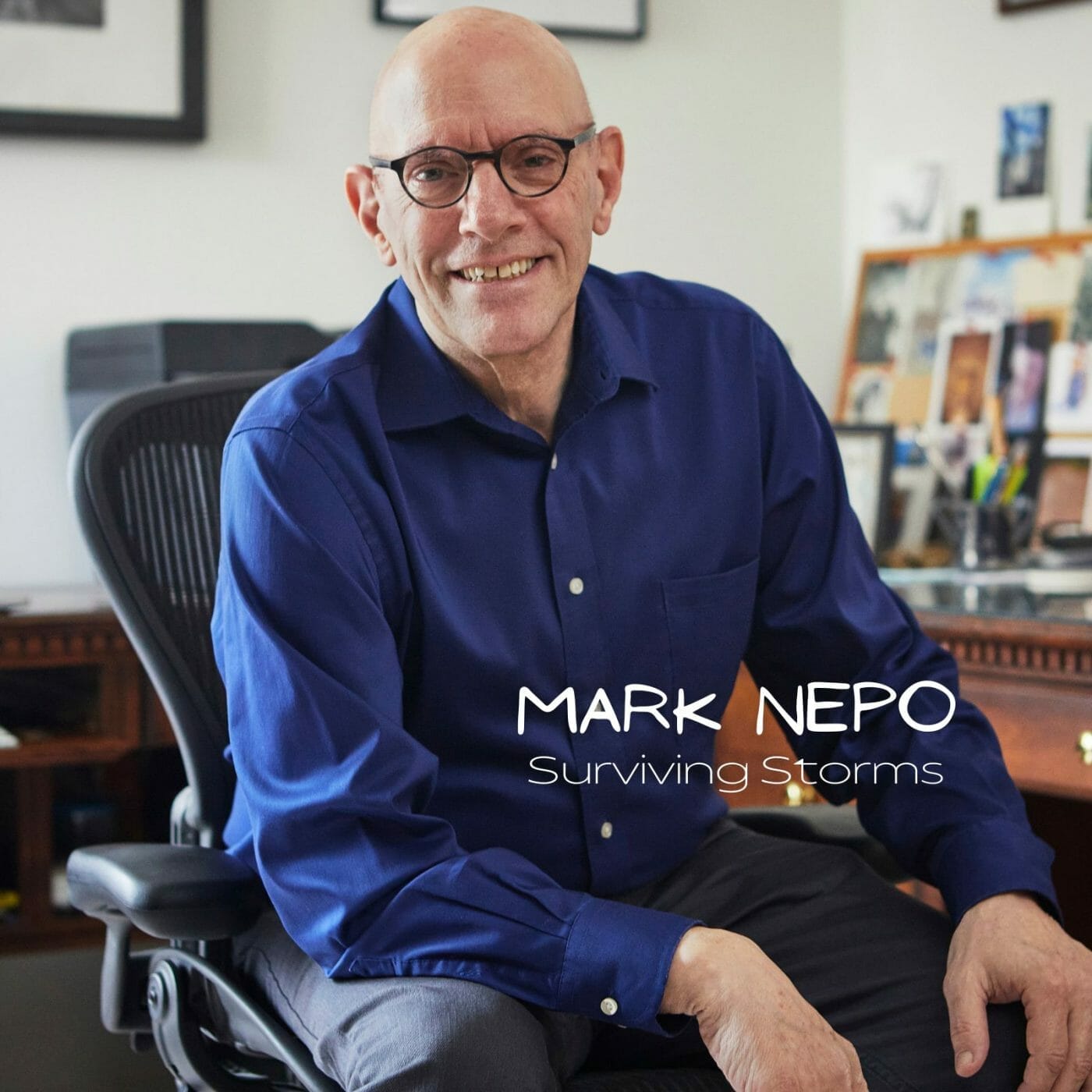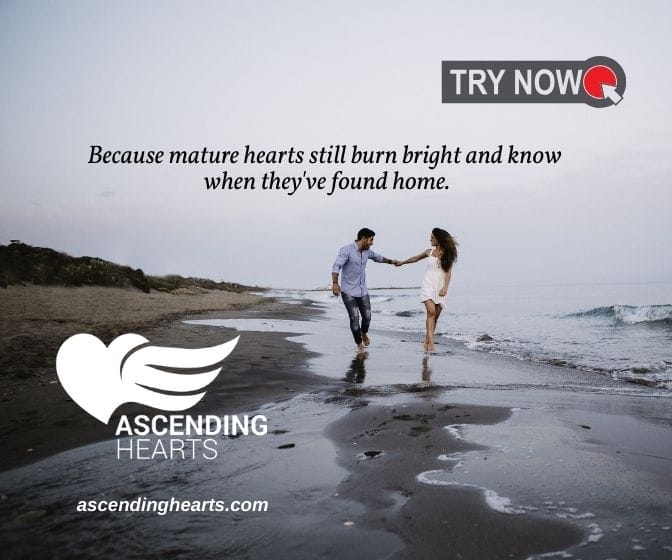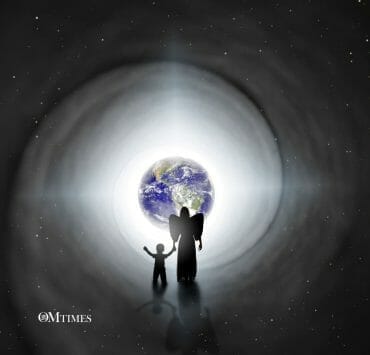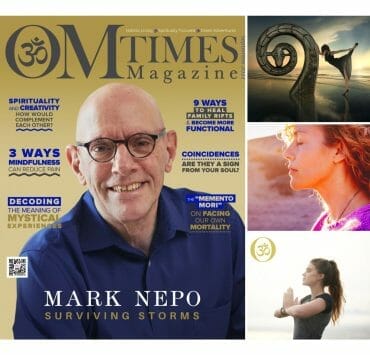Mark Nepo: Surviving Storms

The tree is not the wind. So, how do we let the feelings through? How do we keep going? No one’s feeling is final. I also believe in the Jewish tradition; the word Sabbath literally means the one day we don’t turn one thing into another. The pandemic has forced humanity into a global Sabbath. We can’t turn away. We can’t go back. We can’t scheme, dream, turn things into magic, or more technology. We had to stop. And through our discomfort, rediscover the miracle of what is that? What is here is more than enough.
See, there’s so much talk of the need to repair the world, which is true, but the first step to repairing the world is to inhabit it ourselves, each other, and to bring life alive where it is right here.
Sandie Sedgbeer: Do you think that if you hadn’t had cancer, if you hadn’t had that door closed so loudly, that you would’ve followed the path you’ve taken, that maybe you wouldn’t have gone as deep as you have in contemplating everything?
Mark Nepo: It’s hard to know, but probably not as nakedly or cleanly and as widely or deeply. And I think the two great gifts from almost dying for me are three…one: my head dropped into my heart and, ever since then, my mind has served my heart and not the other way around. The second thing is that I became a student of all paths. I was raised Jewish and have a great tie to the Jewish tradition and heritage. But I was blessed to have people from all walks of life, all traditions, including atheists and scientists, offer me some kind of gift or blessing. And all these years later, I am still not wise enough to know what worked and what didn’t.
And I think that I was asked and challenged to believe in everything. So, all my work, teaching, and books support trying to affirm the central unnamable spirit at the center of all traditions, the unique gifts of each. And again, through those questions, where does it live? Where does it live in our lives?
And the third thing, for me, was that I’m here by a miracle. I was given the lens of the miraculous, and that is to see. This goes back to presence because I’ve learned that extraordinary lives are hiding in the open, in the ordinary; everything is extraordinary. If my heart is open enough and I’m present enough. So I don’t have to go somewhere to find something special. I need to inhabit life fully enough to reveal what’s special, where I am.
Sandie Sedgbeer: That’s it, isn’t it, right here, right now.
Mark Nepo: Now, one of the great, kind of humble paradoxes is with all my teaching. I literally go all over the world. And when I, wherever I go, when I get there, I affirm that there’s nowhere to go. So I’m happy to do it. Of course, we travel great distances on the surface, but we open the same eternal moment whenever we’re together authentically.
Sandra Sedgbeer: You write that “Surviving Storms” was about the remaking of humanity. Many of the books describe the practices and resources we can reacquaint ourselves with to restore our basic human nature and transform our perceived differences. Can you share a few of those practices and resources with us?
Mark Nepo: One is to reclaim and re-inhabit how rare it is to be here because that cleans our eyes, ears, heart, and mind. And then, when we see more clearly, we make different decisions. Another is to act on the web of connection and kinship. That’s one of the things we have to resist. By the nature of all the progress and technology, we make into Watchers. We’re not watching. When I see you fall down on the street, it’s not TV. I am an active agent. I can help you, so how do we act in a relationship? I think it is very important to stay in the life of questions because questions, certainly in the outer world, have answers. For example, what time were we going to be talking today? And how did we turn on technology? But inwardly, and in the world of meaning, the questions don’t have answers. So we ask questions and open relationships.
One very specific practice I try to do is to help myself stay in the life of questions. So, when I feel strongly about something before I voice it to anyone else, I turn it into a question, and I see where that leads my heart.
And so, I think, this was great. I learned from the book more together than alone. And this is a great tradition from the Native American tradition: elder councils, which still meet today. They always meet in a circle, not just for equity, because there’s no head to a circle, so everyone has a direct view of the center. I love that because the assumption is no one view is enough. If we are going to understand whatever we put in the center, we need everyone’s view. And so, the life of questions leads us to, uh, gathering, meaning not choosing it.
I need your view and my view. And that will point up a larger than we’re more together than alone.
Sandie Sedgbeer: Many people ask, ‘Where are we heading next? How do we move into this new place that’s unfolding?? And I think you’re absolutely right; the answer to give them is ‘Keep asking questions. Because that’s what will get you there.’
One final thing. If people only take one thing away from “Surviving Storms,” what would you want it to be?
Mark Nepo: That we are the world as it forms and not to be afraid to live in their heart and be that one gesture that keeps life going.
Surviving Storms, Finding the Strength to Meet Adversity is published by St. Martin’s essentials. And for more information about Mark Nepo, his books, courses, webinars, and retreats, visit live.marknepo.com, three intentions.com, and marknepo.com
OMTimes is the premier Spiritually Conscious Magazine. Follow Us On Facebook, Twitter, Instagram, Linkedin, Pinterest, and Youtube
A veteran broadcaster, author, and media consultant, Sandie Sedgbeer brings her incisive interviewing style to a brand new series of radio programs, What Is Going OM on OMTimes Radio, showcasing the world’s leading thinkers, scientists, authors, educators and parenting experts whose ideas are at the cutting edge. A professional journalist who cut her teeth in the ultra-competitive world of British newspapers and magazines, Sandie has interviewed a wide range of personalities from authors, scientists, celebrities, spiritual teachers, and politicians.







